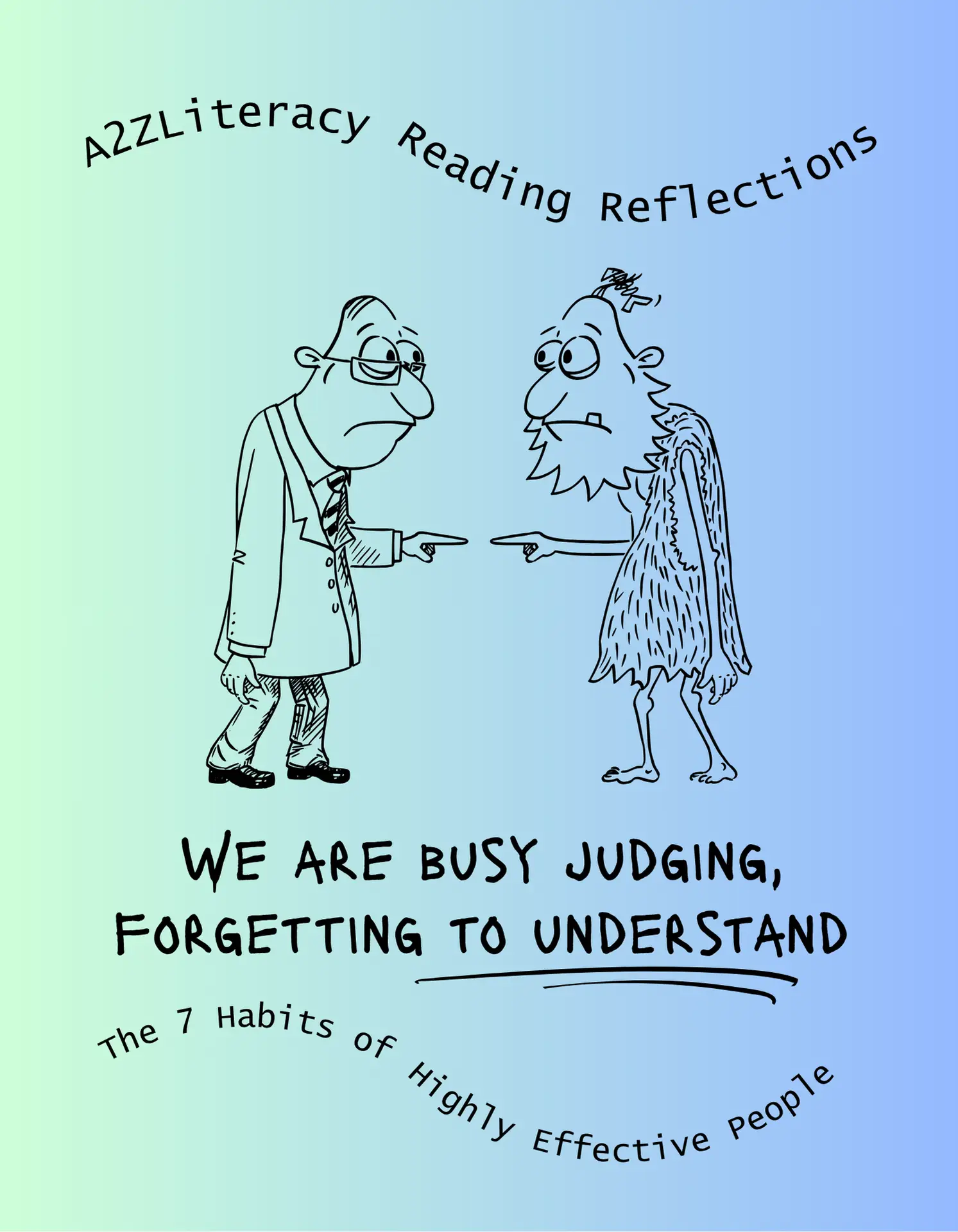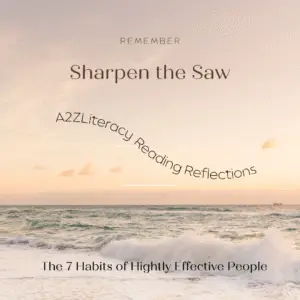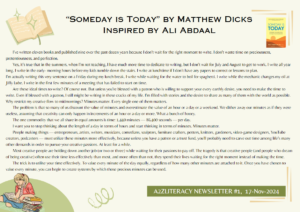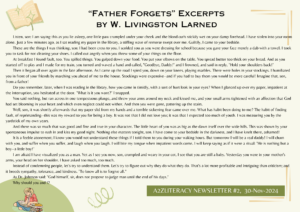July 30, 2025
This week, I read the chapter on Empathic Communication, which begins with the principle: “Seek first to understand, then to be understood.”
At first glance, this seems like a familiar idea — something we all know is important. But the question is: Are we actually doing it right?
Many of us consider ourselves good listeners. But is that really true?
Think about a time when someone showed frustration. We may have tried to show concern, listened briefly, and then responded by drawing from our own experiences — offering advice or a solution that we thought was right.
We believed we were being helpful. But were we truly understanding that person?
The author openly admits, “Do I struggle with empathic communication? Yes, I do. I have to continually remind myself to get out of my own head and into the head of another.”
This practice sounds simple but is actually really challenging. People can sense instantly when empathic listening isn’t genuine.
Have you ever been told by a family member or a friend, “You’re not listening”? It hurts — especially when we think we were. But often, we were listening to reply, not to understand.
When we take the time to genuinely understand and be interested in another person, we can build trust, connection, and creative problem-solving. Empathic communication is a powerful habit — one that builds strong relationships and forms the foundation of effective relationships.




